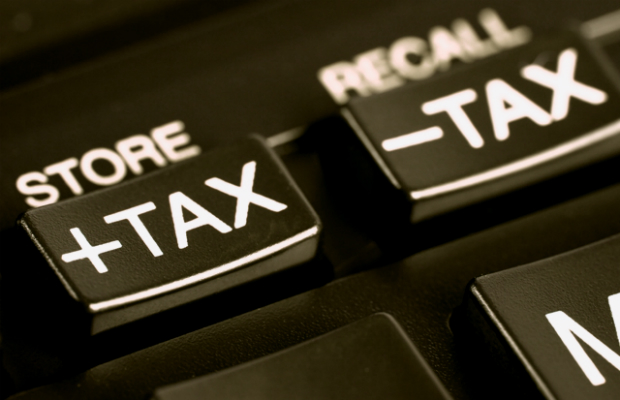In order to calm the public outrage from the controversial land and buildings tax bill, The Bangkok Post reported the Finance Ministry has decided to exempt the value of buildings in order to reduce the stress on the owners of homes and buildings.
The land and buildings tax was originally proposed to replace the house and land tax and local development tax that are seen as outdated. The taxes are based on appraisal prices that are now obsolete and have many loopholes and waivers.
If the new property tax is approved, the government’s tax revenue will be reduced from the recently estimated THB200 billion a year the original tax would have raised. The current revenue generated by the two current taxes is THB25 billion, but the new land tax is expected to bring in more than that total, the source told The Bangkok Post.
The house and land tax and local development tax are based on median prices from appraisals that took place during 1978-81, which do represent the current market value for most land and buildings in Bangkok.
The issue is made worse by the fact landlords who possess land plots of up to five rai are exempt from paying the taxes. Those who are liable to the taxes are charged at 0.5 percent of the land value for land priced at no more than THB30,000 per rai and 0.25 percent for land valued over THB30,000, the newspaper added.
The government made a new property tax a priority in order to obtain much needed tax revenue. The additional income is necessary to help finance multi-trillion-baht infrastructure projects as well as to helping with the government’s goal of narrowing economic disparities.
According to The Bangkok Post, people are apprehensive over the proposed land and building tax that could place too much of a burden on general home and landowners.
There have been several proposals to amend the tax such as halving the ceiling tax rate, providing tax allowances, offering a grace period for tax payment and allowing depreciation deductions, but the public was still not receptive to the modified proposals.
A decision to postpone the bill was made by Prime Minister Prayut Chan-o-cha who requested the Finance Ministry seek ways to help reduce the burden on low-income earners.



